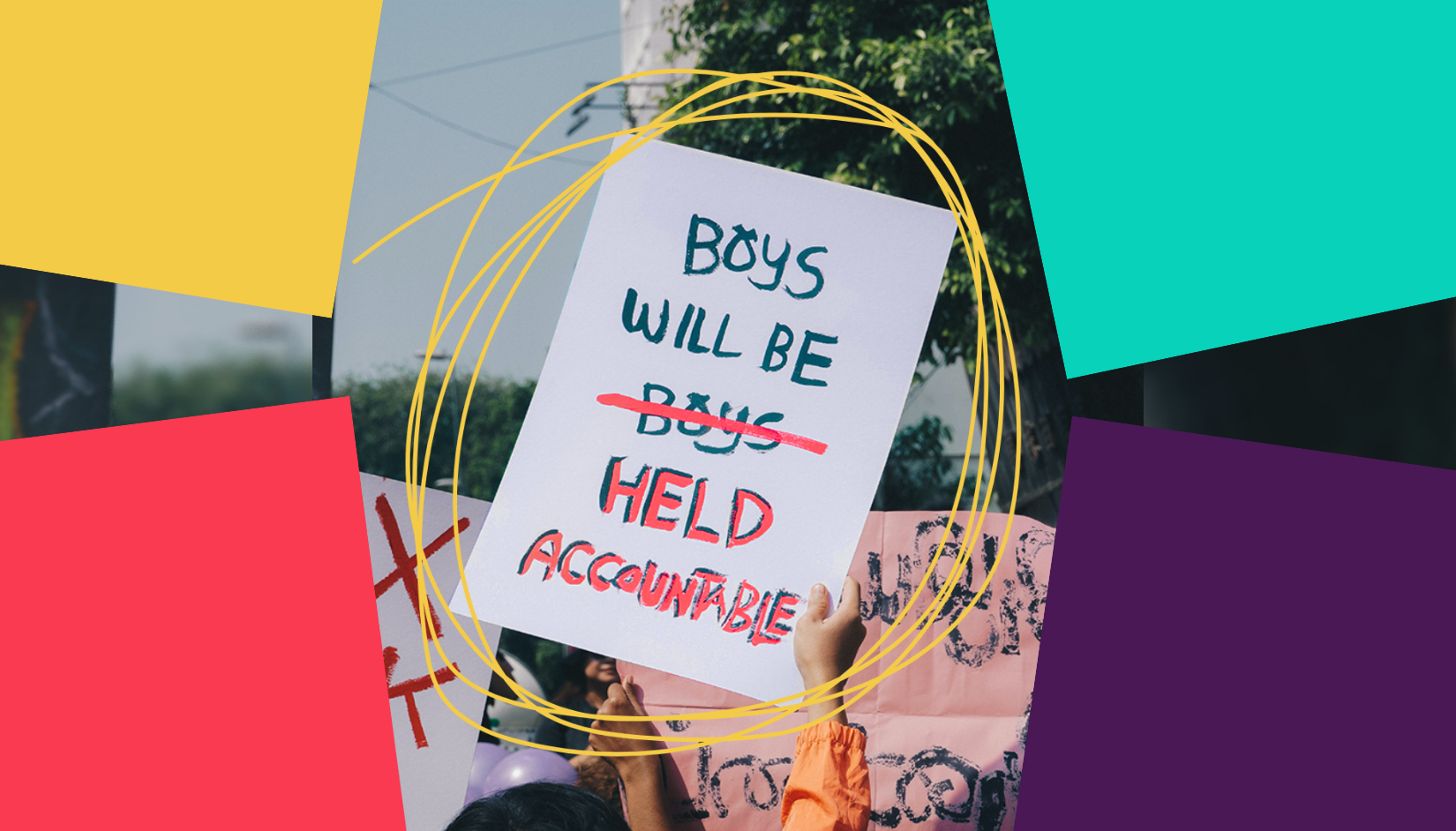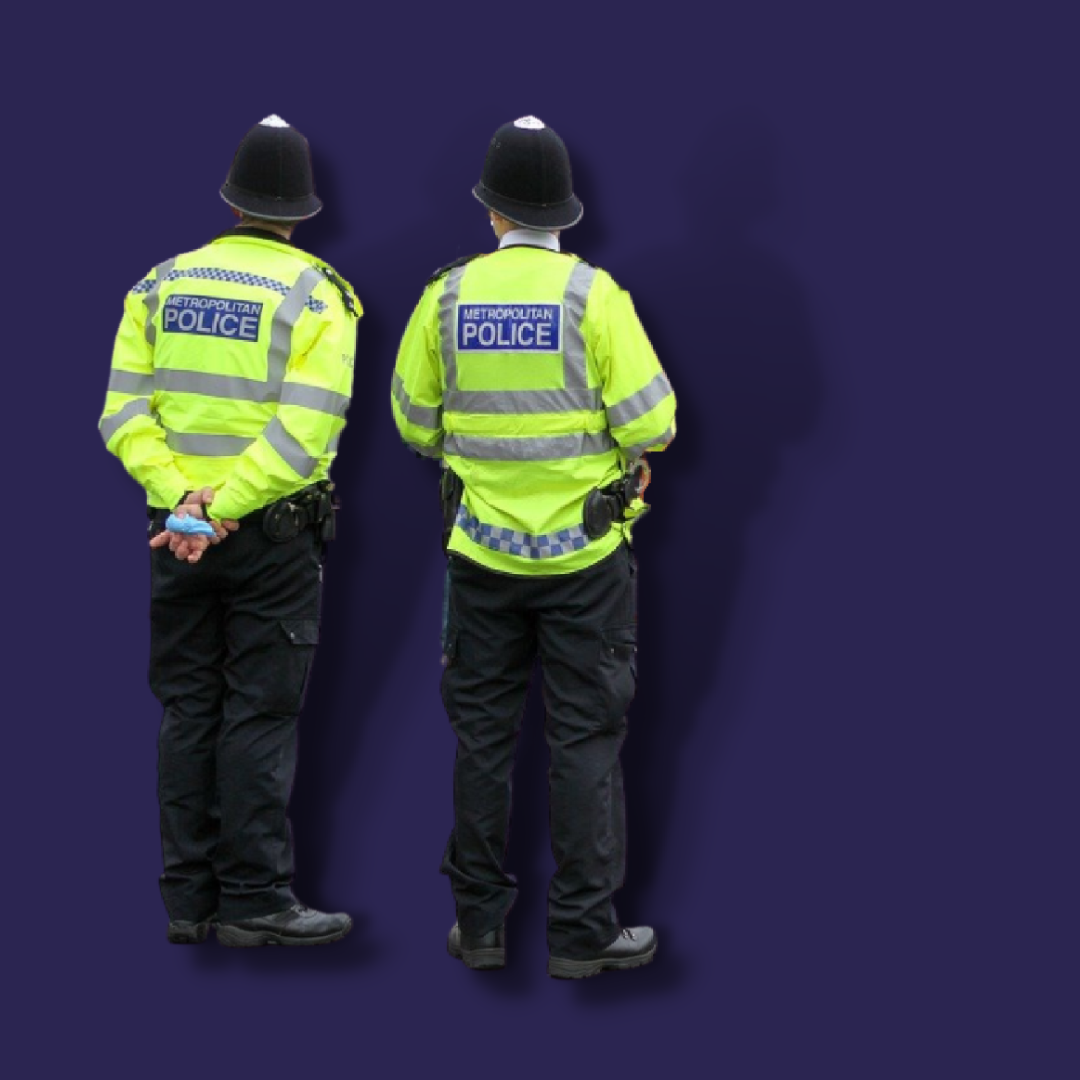 25 Nov
25 Nov
Today (21st March 2023), the final report from Baroness Casey’s independent review into the standards of behaviour and internal culture of the Metropolitan Police Service has found institutional racism, misogyny and homophobia in the Met Police, and recommends a complete overhaul of the institution. Baroness Casey warns that if progress is not made, radical, structural options should be considered.
The Met’s issues are cultural and systemic
The review acknowledges there are systemic and fundamental problems in how the Met operates, yet there is a strong tendency to blame individual ‘bad apples’, rather than confronting and addressing these systemic issues.
It also finds cultural issues within the Met, with ‘blindness, arrogance and prejudice’ the default and prevailing culture. Acknowledging that criticism of the Met has been met with defensiveness and denial, Baroness Casey expresses frustration that many of the issues highlighted in the report – from systemic racial bias in the misconduct system to not recognising predatory behaviour – have long been known about and investigated before. But the Met’s lack of action has allowed wrongdoing to continue.
The End Violence Against Women Coalition (EVAW) has long spoken out about a culture of misogyny and racism that not only masks and enables police perpetrators to abuse their position of power, but creates an environment in which this behaviour is normalised and institutionalised, and whistleblowers are afraid to speak out due to the very real risk of repercussions.
Baroness Casey’s report reflects this, highlighting that policing attracts those who wish to abuse their power, a fact the Met has not taken seriously; and finding that a bullying culture underpins officers’ unwillingness to speak out, with racist, misogynist, homophobic and other discriminatory acts routinely tolerated, ignored, or dismissed as ‘banter’. Bullying, particularly of those with protected characteristics such as a disability, is rife; with 22% of staff and officers reporting having experienced it.
Responses to violence against women have fallen short
EVAW criticised the Met’s responses to the public outcry following the murder of Sarah Everard for not only failing to have any meaningful impact on women, but potentially harming already over-policed Black and minoritised communities. The report affirms many of our concerns – concluding that Black Londoners remain overpoliced, that the Met’s VAWG strategy is ‘hollow’ and that these short term projects and campaigns were launched by leaders without considering their impact or engaging the organisation in embedding lasting systemic change.
We’ve long sounded the alarm about issues within police vetting processes, which is reflected in the report’s finding that complaints are more likely to be dismissed than acted upon. We welcome the report’s recognition that patterns of behaviour and escalating incidents are the hallmarks of predatory behaviour, and that these are not being identified in the Met, which routinely disbelieves victims. The cases of Wayne Couzens and David Carrick underline why taking these reports seriously and identifying perpetrators early is so critical to women’s safety.
Highlighting how de-prioritisation and de-specialisation of public protection has put women and children at greater risk than necessary, the report finds that survivors of rape, sexual abuse and domestic abuse face a lack of support and poor police responses. However, rather than focusing on ‘rebuilding public trust and confidence’ as a policing priority, police leaders must see trust as the outcome of meaningful change.
We welcome the report’s focus on improving women and girls access to safety and justice within the recommendations – noting the need to establish new specialist ‘Soteria’ teams to deal with rape and serious sexual offences, a specialised domestic abuse service to create more victim-centred approaches, and to work more closely and in a more integrated way with non-police specialist domestic abuse services.
It is important to remember that the vast majority of survivors of violence against women and girls do not or cannot seek or receive justice via the criminal justice system. This is particularly the case for minoritised and migrant women. Baroness Casey has noted the failures of the Met to change despite decades of calls to do so, and noted significant barriers to this change happening. This raises serious concerns about what meaningful options there are for women to access safety and support.
The need for an intersectional approach
We were looking for the review to reflect on the intersections of race, gender and other inequalities that leave Black, minoritised and marginalised women and girls facing disproportionate rates of violence, including violence perpetrated by police officers themselves.
The review notes that Black people in London were nearly twice as likely to be a recorded rape victim than white people, more likely to be a reported victim of domestic abuse, and disproportionately represented among those making complaints about the Met. It also acknowledges the connection to the disproportionality in the Met’s use of policing powers in London, referring to Black Londoners as “over-policed” and stop and search as a “racialised tool”.
Unfortunately, it does not reflect on the experiences of migrant communities and the impact of immigration powers on communities’ safety, as highlighted by the Step Up Migrant Women campaign and previous police super complaints.
It is for these reasons that EVAW and other women’s rights groups have been critical about the expansion of police powers through the Policing Act and Public Order Bill, given the likely outcome of increased policing and surveillance of Black and minoritised communities.
Lack of transparency and accountability
Overall, the report finds that the Met lacks accountability and transparency, with weak structures of governance and scrutiny. Highlighting that His Majesty’s Inspectorate of Constabulary and Fire & Rescue Services (HMICFRS) are an inspectorate not a regulator, and that the Met have in the past avoided scrutiny, Baroness Casey echoes our calls for more robust and strategic oversight.
This is why EVAW and other women’s rights groups have been raising the alarm about the dangers posed by the government’s threats to the Human Rights Act, which is often the only tool for survivors to challenge poor police practice and hold the police to account for their failures.
With so many reviews and action plans yet so little change, we welcome the report’s recommendation for independent progress reviews after two years and five years, so that there is some external mechanism and oversight of police performance, including reviewing improvements in charge rates for crimes involving violence against women and girls. We also welcome Baroness Casey’s statement that more radical, structural options should be considered if sufficient progress is not being made, and are keen to explore what that looks like.
Andrea Simon, Director of the End Violence Against Women Coalition, said:
“This damning report leaves the Met nowhere to hide when it comes to the depth of its problems with institutional misogyny, racism and homophobia. There is however a long history of such revelations about the Met – including on undercover policing stretching back to the 1980s and beyond, to the findings of the Macpherson report, and numerous police inspectorate reports since. We demand that today’s report finally initiates a tangible shift in the operation of policing in the UK. If not now, then when, and at what cost?
The findings of the review shed light on issues women’s organisations and racial justice groups have long sounded the alarm about, and we’re pleased to see many of our calls for transparency, accountability and leadership reflected in its recommendations. But we know that they are not just issues for the Met, and also apply to police forces across the country.
However, words can only go so far, and the Met cannot be more concerned with fixing its image than fixing its problems. Many women and girls rely on the police when seeking safety and justice, and we will be looking to the government to see what concrete actions they take to transform their experiences.
The Casey review arrives within the context of the government’s raid on our rights. The routinely condemned Public Order Bill would hand police ever more draconian powers. The drive to increase police officer numbers is being pushed by the government, but this is not being done in a planned and thoughtful way so we can be sure that the right kinds of candidates are being recruited and retained. The ongoing threat to take away our Human Rights Act would also remove what is often the only tool for survivors to hold the police to account for failing them. We cannot afford to roll back our rights and accountability over an institution that remains in crisis.”
ENDS
Media contact
Sinead Geoghegan, Communications Manager, media@evaw.org.uk 07960 744 502
Recommended ARTICLES
 25 Nov
25 Nov
 15 Nov
15 Nov
 12 Nov
12 Nov

